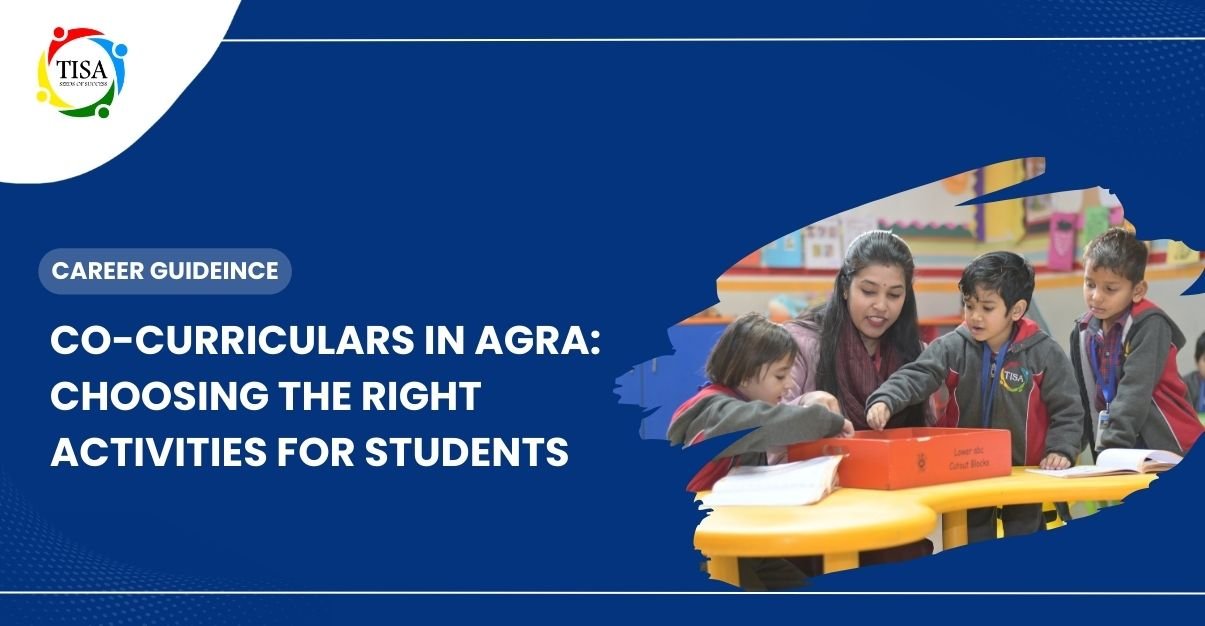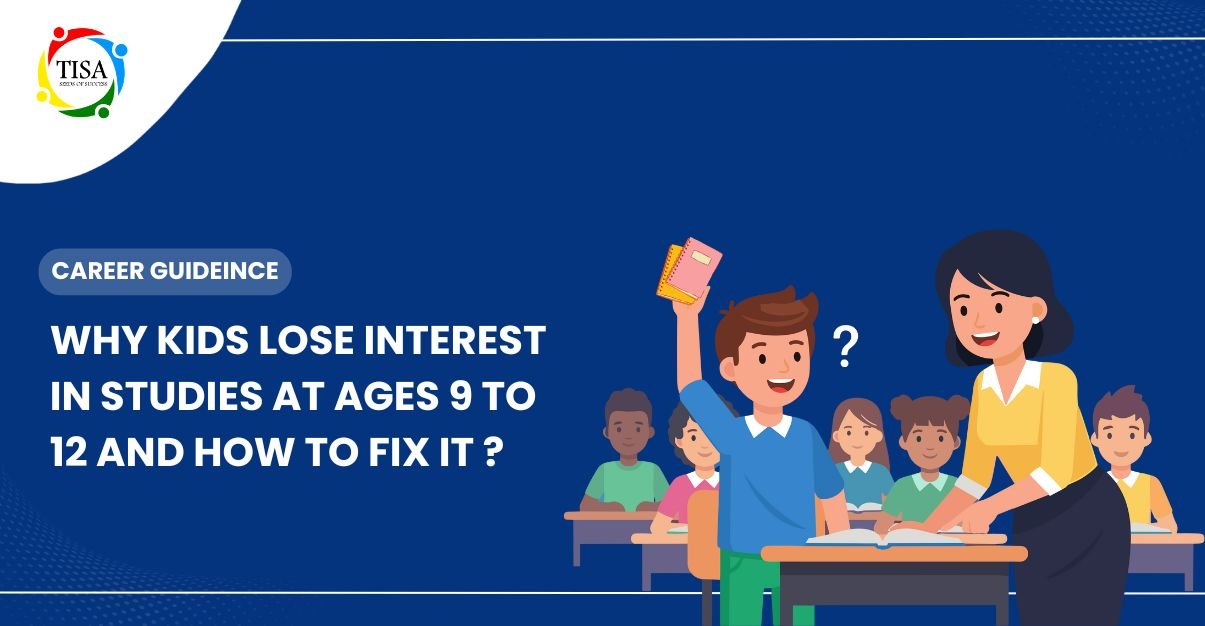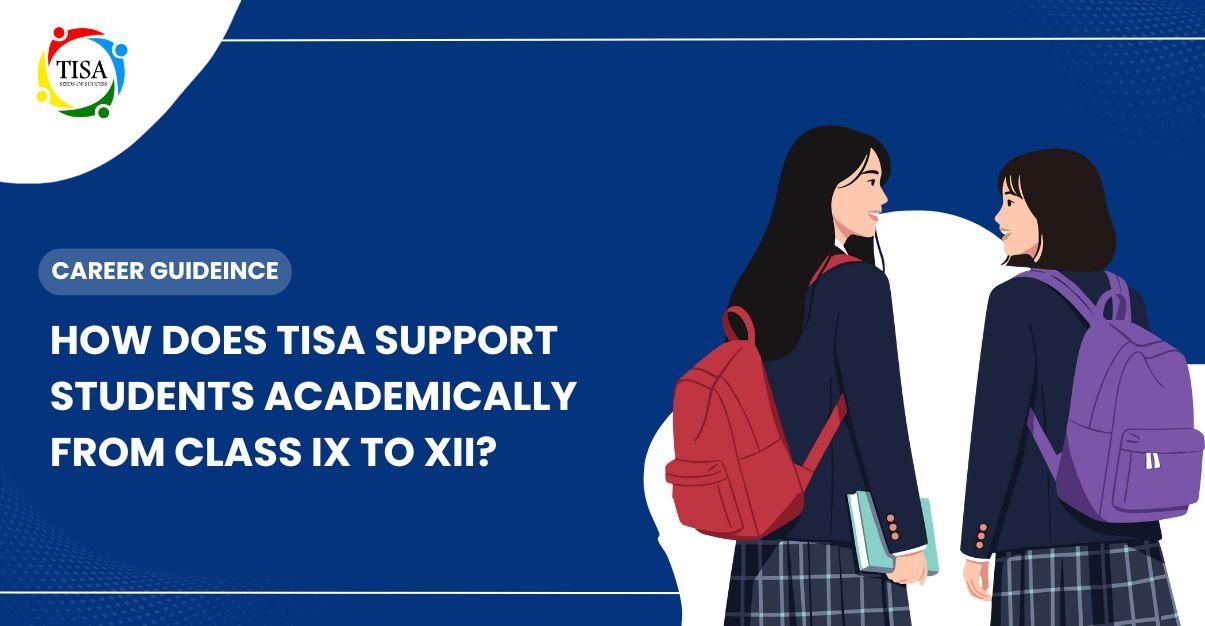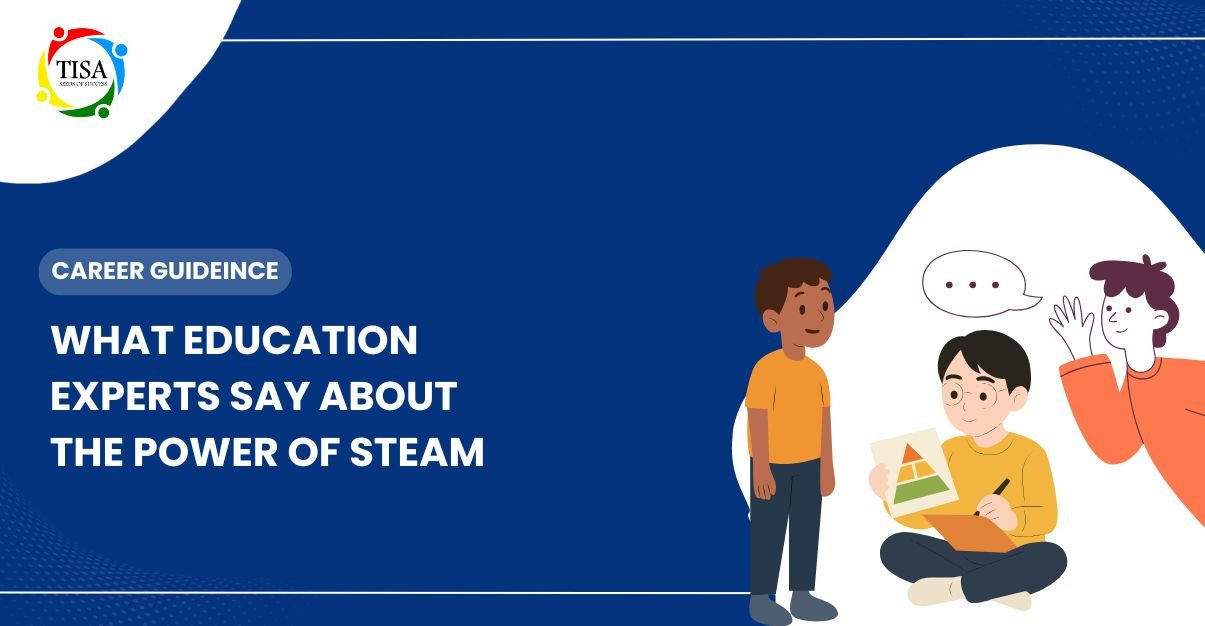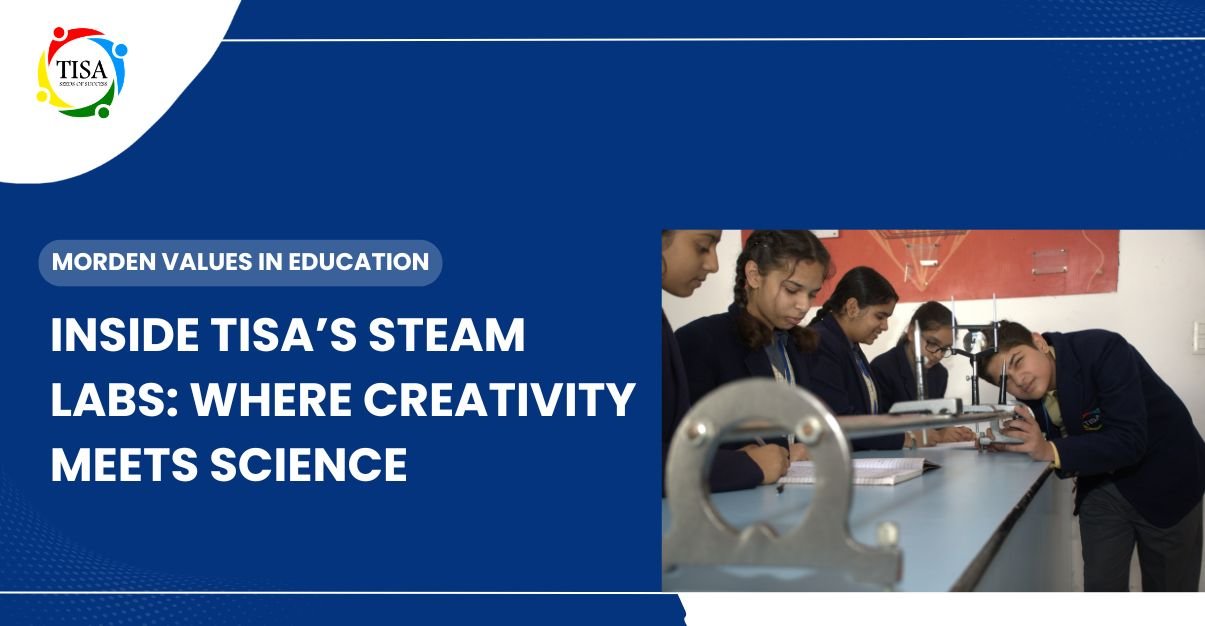Failure has long been viewed as detrimental, often associated with disappointment and fear of judgment. However, in the realm of education, a paradigm shift is taking place. Educators in modern education are increasingly recognizing the importance of embracing failure as a valuable and necessary part of the learning process.
Understanding the Importance of Failure in Education:

Embracing failure as a necessary step towards success:
1. Thomas Edison and the light bulb:
One of history’s most iconic examples of embracing failure is Thomas Edison’s relentless pursuit of inventing the light bulb. His famous quote, “I have not failed. I’ve just found 10,000 ways that won’t work,” reflects his understanding that failure is an essential part of the journey towards success.
2. Developing grit and perseverance:
Failure allows students in modern education to develop resilience, grit, and perseverance, which are crucial skills needed for success in academics and life. Resilient individuals are better equipped to handle setbacks and bounce back stronger than before.
Cultivating Resilience and Growth Mindset in Schools:

Promoting a safe and supportive learning environment:
1. Encourage open communication:
Good CBSE schools in modern education should foster an environment where students feel comfortable discussing mistakes and failures without fear of judgment or humiliation.
2. Normalize failure as part of the learning process:
Through class discussions and positive reinforcement, educators in modern education can help students understand that failure is a natural part of the learning journey and should not be stigmatized.
Encouraging reflection and self-assessment:
1. Teach metacognitive strategies:
Help students in modern education develop metacognitive skills by encouraging them to reflect on their learning experiences. This includes identifying what went wrong, why it happened, and how they can improve next time.
2. Provide opportunities for self-assessment:
Regular self-assessment exercises in modern education can help students gauge their progress objectively while also identifying areas for improvement. This promotes a growth mindset by encouraging continuous learning and growth.
Shifting the focus from grades to growth:
1. Praise effort rather than intelligence:
Research shows that praising effort rather than intelligence can have a significant impact on a student’s mindset. By emphasizing hard work and resilience, rather than innate abilities, educators in modern education can instill a growth mindset in their students.

2. Set meaningful goals:
Encourage students in modern education to set realistic and challenging goals. Emphasize that failure is a natural part of the process and focus on progress instead of perfection.
Providing opportunities for experiential learning:
1. Project-based learning:
Implementing project-based learning in modern education allows students to learn through hands-on experiences, which inherently involve trial and error. By designing projects that encourage risk-taking and learning through failure, schools can foster resilience and a growth mindset.
2. Encourage extracurricular activities:
Participation in a variety of extracurricular activities in modern education provides students with diverse opportunities for failure and growth. Whether it be sports, arts, or community service, involvement in such endeavours builds resilience and a growth mindset outside the classroom.
Examples of Successful Implementation in Schools
Case Study 1: Transforming Classroom Dynamics
1. Incorporating Failure-Centric Assignments:
Learning Through Trial and Error. In this case, teachers introduced assignments in modern education that explicitly emphasized learning through trial and error. Students were encouraged to take risks, experiment, and learn from their mistakes. The focus was shifted from solely achieving correct answers to valuing the process of learning and resilience. By embracing failure as a natural part of the learning journey, students in modern education developed a growth mindset and became more engaged and motivated.

2. Student-Led “Failure Festivals”:
To promote open dialogue and mutual support, students in modern education organized “failure festivals” where they shared stories of their failures and the valuable lessons they learned. These festivals created a safe and supportive environment for students to reflect on their experiences, gain insights from others, and celebrate growth. Through these events, students in modern education developed a sense of camaraderie and empathy, enhancing the overall classroom atmosphere.
Case Study 2: Integrating Failure in Curriculum
1. Design Thinking Workshops:
Embracing Iteration and Revision. Incorporating design thinking workshops into the modern education curriculum enables students to embrace the iterative nature of problem-solving. Students were encouraged to generate multiple ideas, prototype their solutions, and receive feedback. By emphasizing the importance of iteration and revision, students in modern education learned that failures and setbacks were stepping stones towards innovation and improvement. This approach nurtured creativity, critical thinking, and resilience.
2. Failure Reflection Journals:
Encouraging Self-Awareness and Personal Growth In this case, students in modern education were allowed to maintain failure reflection journals. These journals acted as personal spaces for students to reflect on their failures, document their emotions, analyze their thought processes, and identify lessons learned. Through regular journaling, students in modern education developed self-awareness, recognized patterns, and discovered strategies for overcoming challenges. This practice enhanced their ability to bounce back from failures and fostered a growth mindset.
Conclusion:
Embracing failure as a stepping stone to success is crucial in creating a resilient and growth-oriented learning environment in modern education. By adopting strategies and approaches that foster a positive attitude towards failure, schools can empower students to develop resilience, perseverance, and a growth mindset. Through reflection, self-assessment, and meaningful goals, students in modern education can learn to view failures as valuable experiences that propel them towards future success. By embracing failure, we cultivate lifelong learners in modern education who are unafraid to take risks and persist in the face of challenges.


